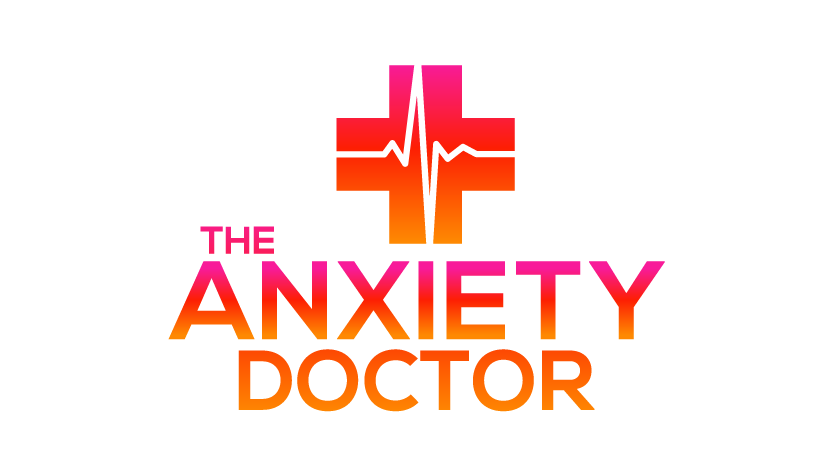PANIC ATTACKS: Tips and Recommendations
Good News. Panic symptoms are completely treatable. So, this does not have to be a permanent condition! If you have panic attacks, there are several things you should know that will help you right now.
UNDERSTANDING THE SYMPTOMS
Anxiety is one of our body’s ways of protecting us, like an alerting signal. It is not something we want to get rid of completely. However, there is a healthy amount of anxiety - and then there is an unreasonable amount of anxiety that interferes with your life. This feels more like “fear.”
Normal anxiety feels unpleasant and is often accompanied by body symptoms such as, heart palpitations, sweating, dizziness, tightness in chest, shortness of breath, upset stomach, and headaches.
Panic is normal anxiety magnified and accompanied by fear.
Panic attacks can be either expected or unexpected. About 11% of adults have panic attacks in the United States, with an average onset age of 22-23 years old. Panic attacks are more common in females.
Risk factors include: a personal or family history of anxiety, interpersonal and well-being stressors, and smoking.
RULE OUT MEDICAL FIRST
Check hormone levels with an Endocrinologist to rule out hyperthyroidism.
If there are irregularities in heart rate, ask a Cardiologist to examine you.
If the attacks have a pattern of occurring as the result of taking a medication or drug, you may be having Substance/medication-induced panic attacks.
D.I.Y.
Take an inventory of your current stressors. Normal anxiety can turn into abnormal anxiety when a person is dealing with excessive physical, emotional, situational, and/or interpersonal stress. Work on developing good boundaries.
Regulate your Sleep-Wake Cycle.
Develop realistic expectations and limitations for yourself.
Learn a deep breathing exercise. These have proven effectiveness in slowing heart rate and lowering blood pressure! Use counts of 5.
Create a mantra to remind yourself that you are safe.
Find a Progressive Muscle Relaxation recording on YouTube and use this to squeeze all the nervous tension out of your muscles. Ten minutes is good.
Along those lines, you can also find a Guided Imagery meditation on YouTube to help you relax.
Yoga, tai chi, and Qi Gong have been shown to reduce anxiety as well.
Exercise!
Reduce caffeine.
Develop self-nurturing behaviors. Make a habit of self-care. Find activities that make you laugh or give you pleasure, and pepper them throughout your day/week.
TREATMENT OPTIONS
A form of therapy called “Interoceptive Exposure” is the most modern, gold-standard of care for Panic Disorder. It is a behavioral therapy that is usually done with the help of a therapist.
Medication therapy is also available for more immediate relief. However, medication will not get rid of this problem. Behavioral therapy, Interoceptive Exposure specifically, will help your brain to “re-wire,” or detach, the intense fear from the feeling of anxiety in your body.
No, you are not going to die. And no, you are not going to have a heart attack.
As unpleasant as these symptoms undoubtedly are, you are more powerful than they are. They are temporary when you are experiencing them, and these symptoms are treatable.
This article is for informational purposes only, even if and to the extent that it features the advise of medical practitioners. This article is not, nor is it intended to be, a substitute for professional medical advise, diagnosis, or treatment and should never be relied upon for specific medical advice.



